What makes a teacher terrific?
SPASH Science teacher helping a student in the tudor center. 9/29/2022
October 20, 2022
You step into your first hour class with your favorite teacher.You had a rough morning and somehow your teacher notices something is off with you and asks you “Are you okay?” You remember why you love this teacher so much; they have a connection with you and you feel safe and comfortable walking into class every day. After your teacher checks in on you, you feel your day suddenly brighten and you’re ready to learn. A good Stevens Point Area Senior High school teacher will connect with students and push them to do their best academically and personally. As SPASH students we interviewed 13 peers, staff members, and teachers to find out what people think about teachers, and what makes a teacher special.
Passion
Passion, the most commonly used word to describe the necessity that passion is needed to make a good teacher. We interviewed Mr. Rady,a math teacher at SPASH, about how he became a teacher and we discovered something very interesting. He said “I hated school and that’s one of the things that pushed me to become a teacher.” as well as quoting Gandhi’s well known quote “be the change you want to see in the world” This proves the drive and dedication Mr Rady has for being a teacher due to seeing that something can be improved and then doing the work to actually improve it. When we interviewed Ms. Dulak, a teacher at SPASH about drive in teachers, Dulak said “passion is absolutely necessary” In other words, most careers’ passion helps push people to continue on. However, for teaching it is a necessity.
Connections
Furthermore, being able to connect with a student on an emotional level is crucial as a teacher. We interviewed Ayla Hurtiene, a student here at SPASH. She says, “A teacher at SPASH should be able to connect with a student on a personal level. A student should be able to have fun and feel comfortable in a class without it being serious all the time; having that personal connection with a teacher makes you learn so much better because they know you, and they know your classmates, and they know different learning techniques for people to learn how they need to learn.” Another SPASH junior, Ty Hojnacki was asked about the importance of having a teacher with interpersonal skills, and he says that it’s even more important to have a connection with a teacher than for that teacher to teach the content well. It’s clear that from the perspective of a student at SPASH, having a teacher that you can connect with, feel comfortable with, and trust is very important to the classroom experience. Interpersonal skills might even be the most important attribute for a teacher to have. Emotional health and wellbeing is something that should be focused on more in high school, students here are young and they all go through a lot on their own, and at school, and if a teacher touches you on an emotional level, it could change so much about your experience with school. If a teacher can be an adult that students look up to, then they would be a pretty good teacher.
Mental Health
Another important part of school is mental health. Tests and workload seem to be the biggest stressors for students, some may say that this may indicate SPASH does not have good teachers. However when we interviewed two juniors at SPASH Aaron Fletcher and Ayla Hurtienne as well as a SPASH senior Mya Cullen they all had similar responses stating that when they have the opportunities to ask questions about the test and discuss what is the correct answer, it makes them more prepared for the test. As a result of the students getting an open and easy going environment where they have opportunities to get involved by asking questions to ready themselves for a test, it prepares them more. Something that we found interesting is what University of Milwaukee has for students mental health in student workload. UWM has a time limit on how long you can do homework online, when you reach the time limit it tells you to take a break and come back to doing homework later. We interviewed a staff member at SPASH who works in the library; Emily Rink who is currently in graduate school at UWM. Many students use the library at SPASH during a study hall, working on class work or making up tests. Rink thinks this would be very beneficial for SPASH students to have this as an option to help their learning environment as well as their mental health, bringing up how helpful it has been to her. Subsequently, if teachers implement a time limit at SPASH Rink thinks students’ mental health and stress would become more positive due to the “take a break” reminder!
Impact of Being a Teacher
After analyzing the perspective of a student, let’s consider the perspective of a teacher, and ask the question; is being a good teacher worth it? We interviewed Ms. Dulak, a teacher who is dedicated to educating those who don’t speak English. She says “It’s totally worth it to be a teacher.”Although her job is very hard at times, she’s positive that it’s worth it. As a person with great social skills who has always wanted to work with people, she feels very fulfilled as a teacher at SPASH. Mr. Vollendof is the current SPASH principal, he has worked in pretty much every field of education and in different districts and schools before finding himself at SPASH. When we interviewed him he told us that “Being in the classroom with students was the most rewarding” This was surprising to hear, but it goes to show that traditional teaching (In a classroom, with students face to face) is very rewarding, fulfilling , and worth it. This is coming from someone who has work experience in so many other places and still prefers teaching, despite the challenges. One more thing we heard from Mr. Vollendorf that stands out is that teaching is a calling. Most (if not all) good teachers felt as if they were called to it, and a calling will always be worth it to pursue. Every teacher we interviewed said that teaching is worth it.
Happiness
Another important part of teaching is the teacher’s happiness. When a few of our interviewees Cullen, Fletcher and Hojnacki were asked if they could notice a teacher’s happiness, they all said yes, they discussed the better relationship they had with a teacher the easier it is to notice. Furthermore it is easier to notice someone’s happiness with someone you are closer with shown in student teacher relationships. When we interviewed SPASH’s principal Dr Vollendorf we discussed happiness, he discussed how he has found happiness in every position he’s had that has involved within the teaching community as well as saying “there’s nothing more rewarding than being in the classroom” referring back to teaching. Coupled with how he has found delight in all the different positions he has had working within the school system from being a teacher, administrator as well as principal for many years now. Dr Vollendorf expressed how truly happy and ‘rewarding’ teaching truly is to him. This goes hand and hand with interviewing Ms. Dulak. When we asked how she got into the position of teaching kids who are non native english speakers, she described during covid she was sort of thrown into it and she ended up loving it and has stuck with it ever since even with moving to a new district to do the same thing! In other words Dulak was put in a job she may not know she would like or be good at but she ended up truly loving it, representing how truly happy it makes her everyday.
Likewise, many teachers we interviewed mentioned the importance of patience as a teacher. Math teacher, Mr. Rady gave us some insight on this. “A good teacher has to have passion, patience, and grit. You have to get up every day and do this because you love it.” He says. Mr. Rady talked about what it’s like to come to school every day and teach, and for him one of the most difficult things about it is dealing with students every day. A good teacher has to be patient with their students, because everyone learns slightly differently, and it’s impossible to reach every kid the same way.
Patience
Based on our interviews, patience is one of the most important interpersonal skills for a teacher to have. A good teacher has to be patient and work with students to make sure that they learn what they need to learn, and to make sure they feel safe and comfortable in the classroom environment. I think this is especially important with troublesome students; even though it’s difficult at times, you can’t make a connection with a student without patience and determination. Something we heard from Mr. Vollendorf, Ms. Dulak, and some other great teachers here at SPASH, say that one of the most rewarding things about being a teacher is having a breakthrough with a student who either doesn’t want to learn or causes problems. Maybe this is a student who feels like they don’t fit in at school, or does not see the point in education, etc. But a truly special teacher will never give up on that student. They will be patient and show that student the respect they deserve, and eventually that student may begin to change their attitude and start earning better grades, behaving better, treating others better, etc. This is the ripple effect of a good teacher: They touch the life of one student, who eventually becomes a role model for younger students.
In conclusion, a good teacher needs to be passionate about what they do, they need to be patient and understanding with students, and have the ability to connect with a student. Lots of good teachers have found happiness and fulfillment by teaching in a classroom, and helping their students as much as possible. We learned that a student’s mental health as well as academic and personal life can be affected so much by teachers. A good teacher can be an adult that students look up to, and a role model for the younger generation. If you’re a student reading this, we hope you have more respect for teachers now. And if you’re a teacher reading this, we hope you will strive to make personal connections, and help students feel comfortable and ready to learn in class. We hope you will achieve that ripple effect.






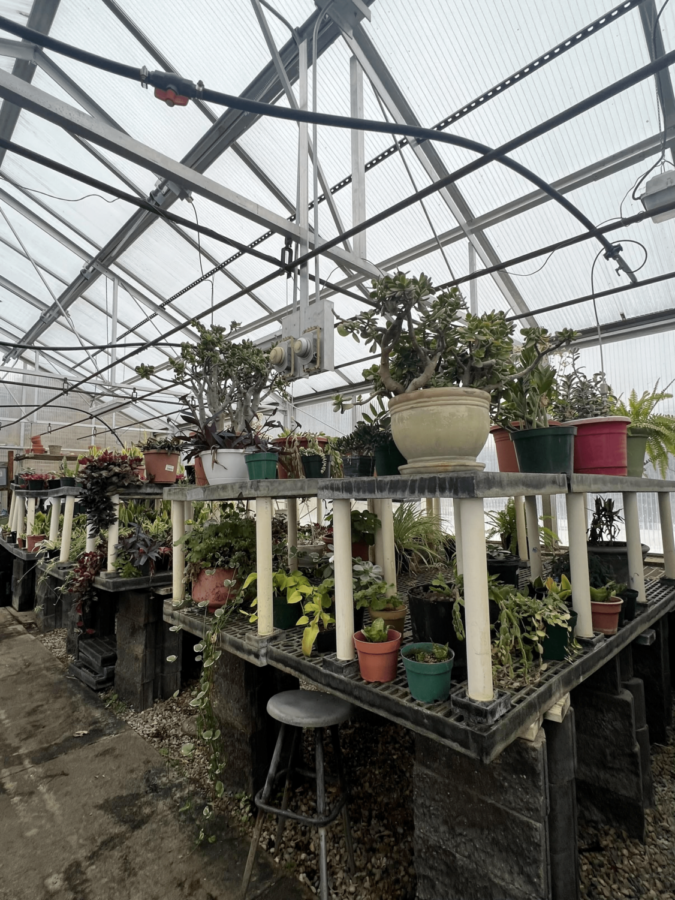













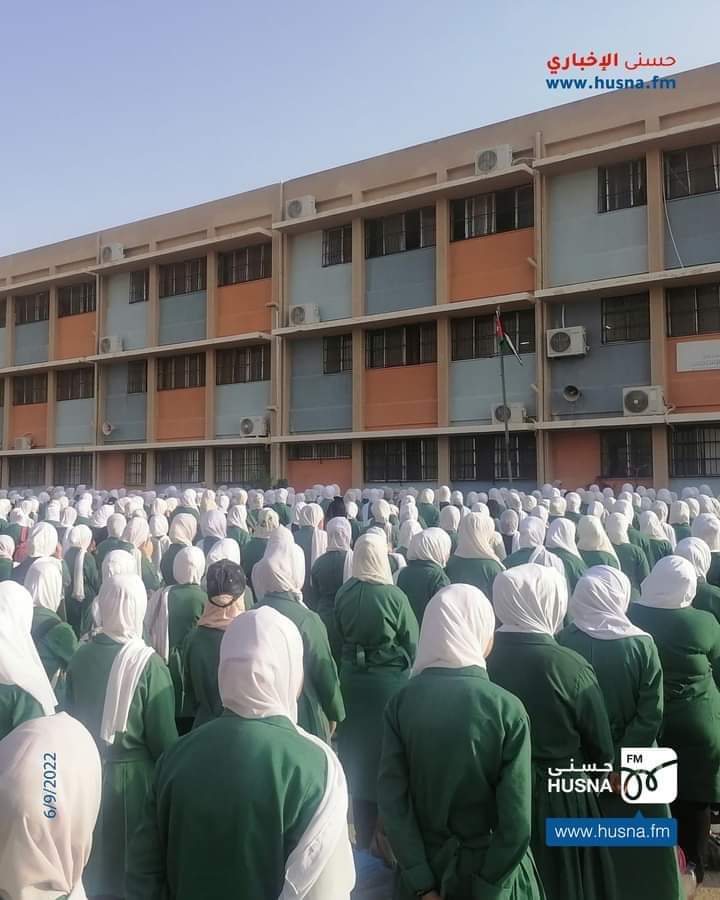



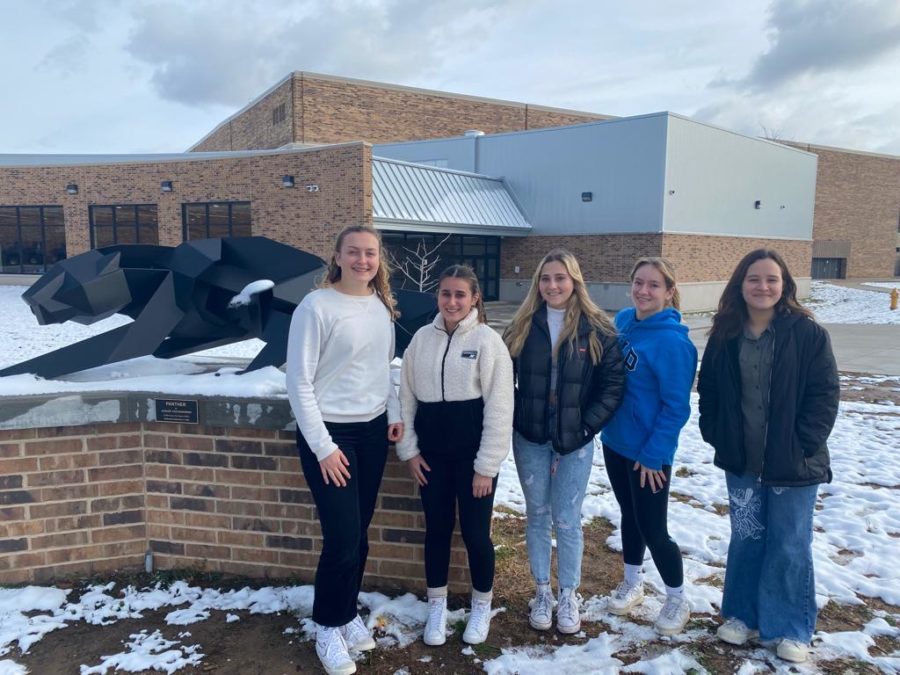

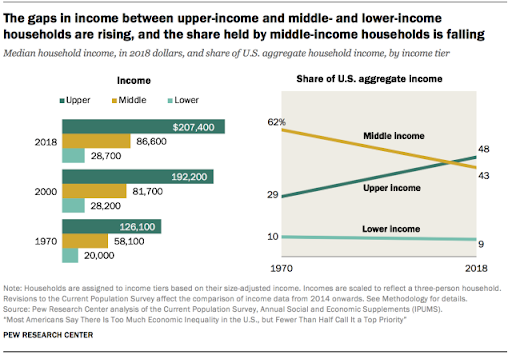











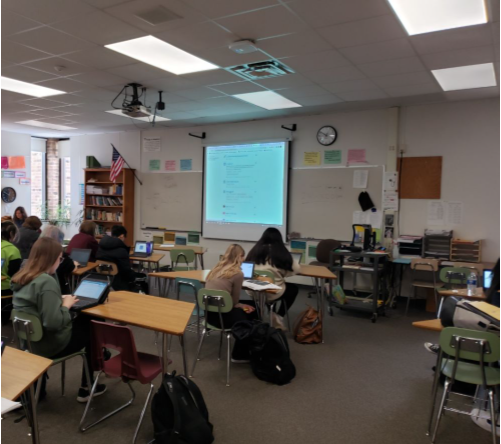
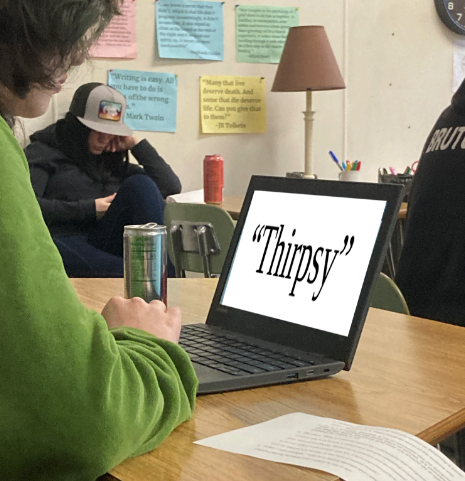





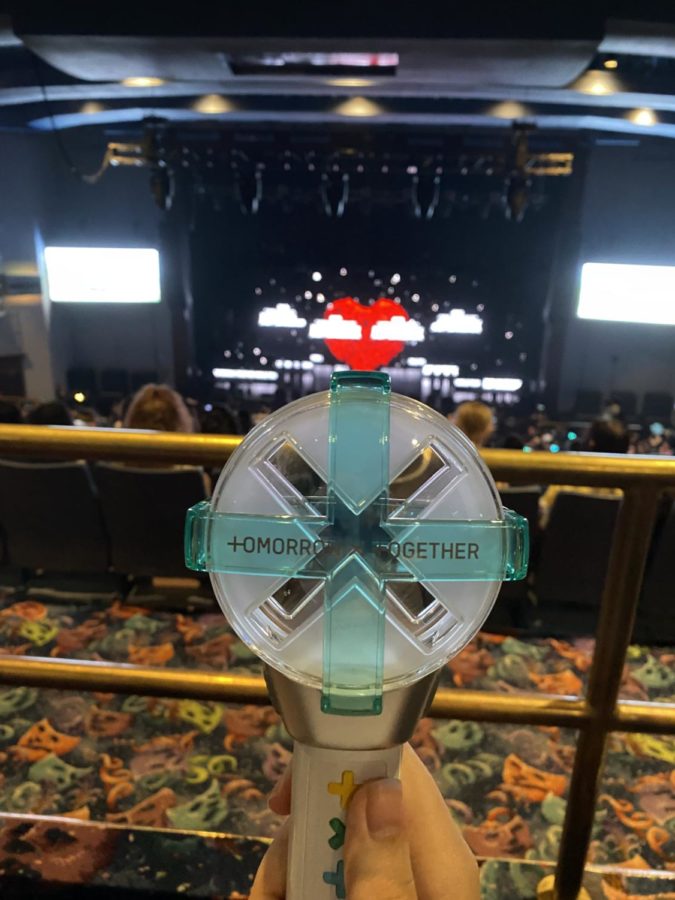

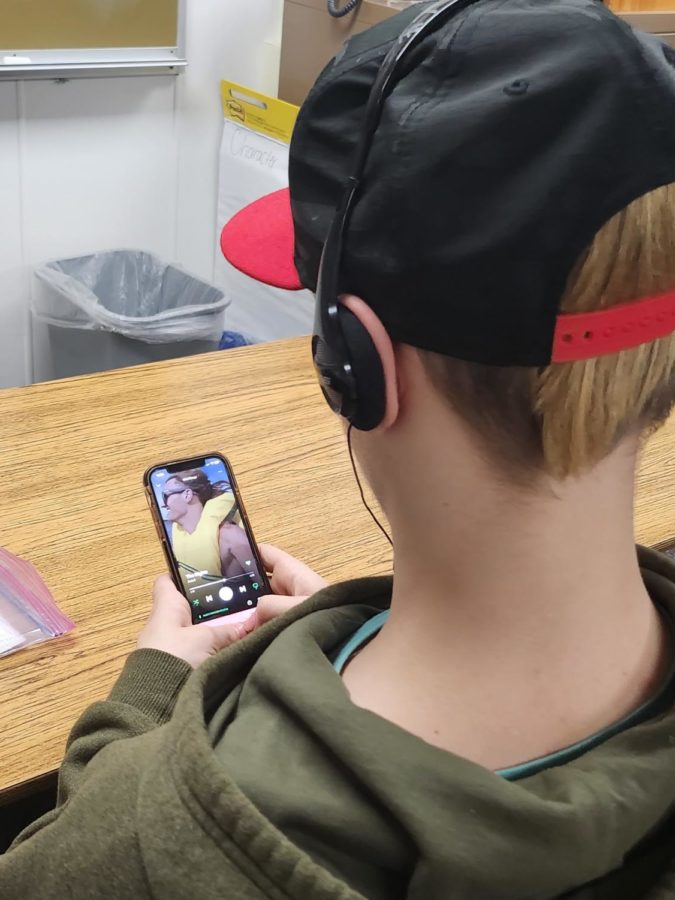







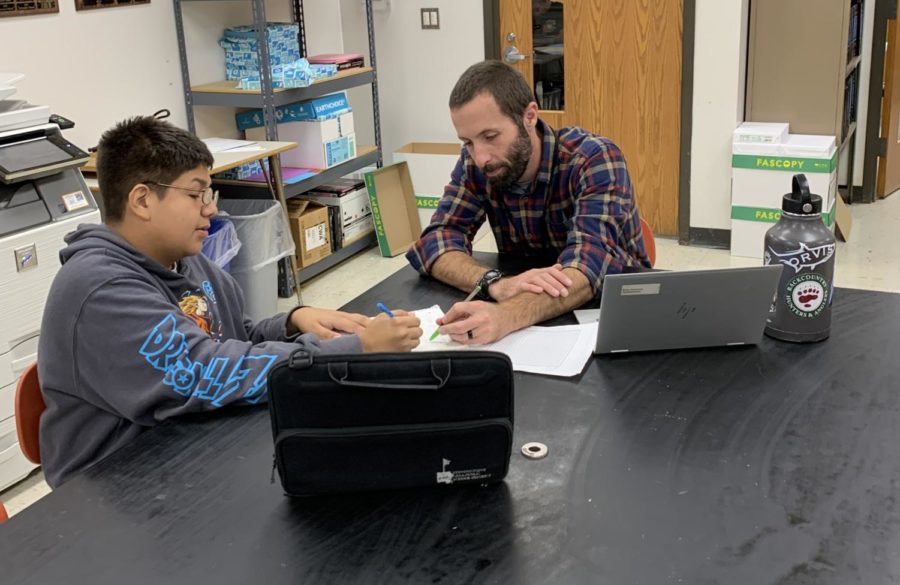
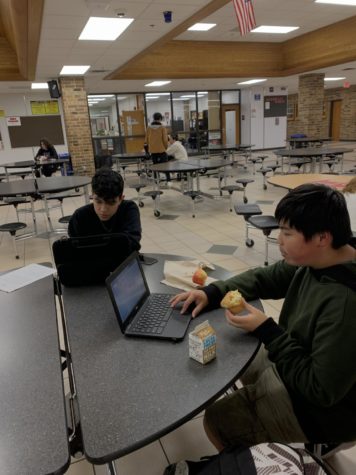
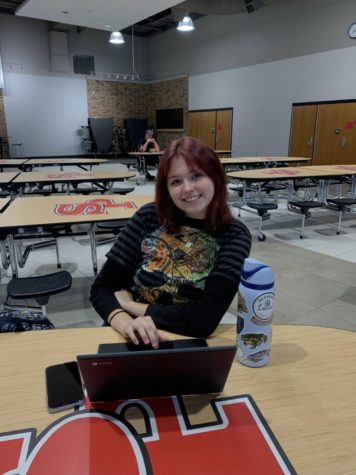

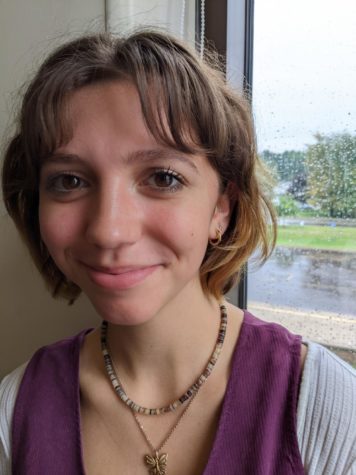

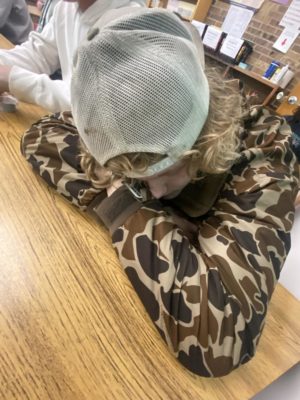




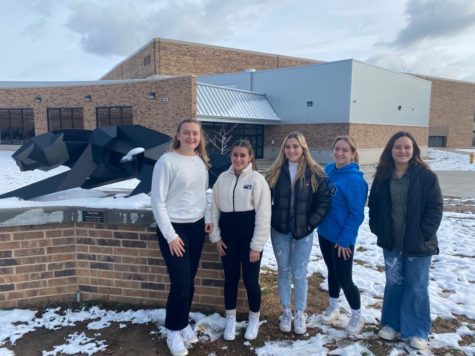



Aaron Jarosh • Oct 25, 2022 at 8:08 AM
What a fun article, and one that I could personally benefit from! This shows a cool insight to what students are looking for, and sets clear goals that I can work toward as a teacher.
ROSABELLE Thor • Oct 21, 2022 at 11:07 AM
Everything about this article was great, especially the quotes you got from the teachers and students. I like how each paragraph has quality characteristics with great explanations of how it impacts or helps students and teachers.
Ayla Hurtienne • Oct 21, 2022 at 9:12 AM
Reghan and Donovan, I love your analysis of all the teachers and students. This is a really important topic to discuss to compare both perspectives.